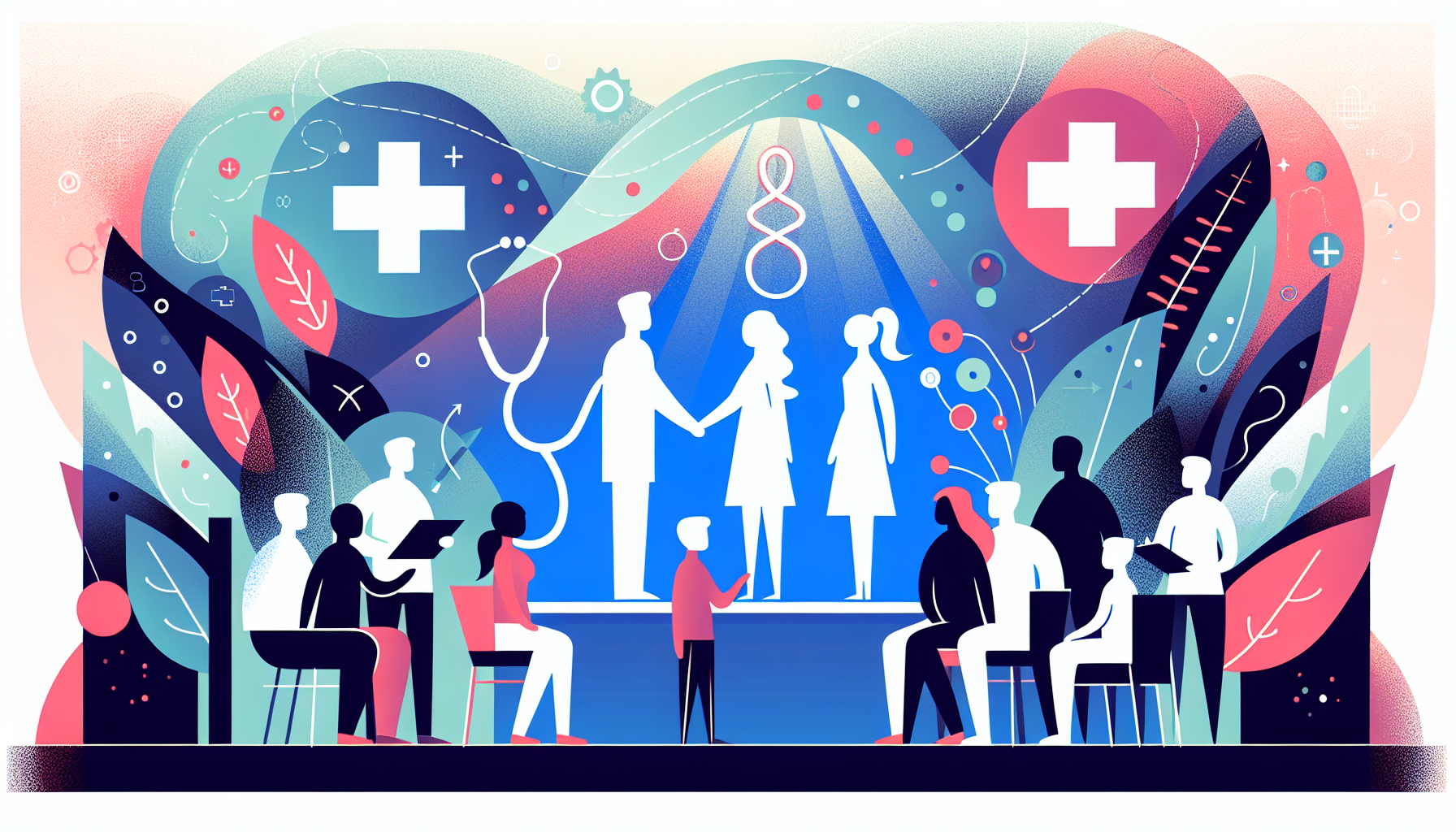Menopause Mood Swings
Menopause brings profound hormonal shifts extending far beyond hot flashes and irregular periods. As estrogen and progesterone levels decline, many women experience [...]
Read More
Medically reviewed by Alan Lucks | MD, Alan Lucks MDPC Private Practice - New York on August 21st, 2024.
Diagnostic uncertainty affects up to 75% of primary care visits, with symptoms often overlapping between multiple conditions, making immediate definitive diagnosis challenging.
Rare diseases take an average of 5-7 years to diagnose correctly, often requiring consultation with 6-8 different specialists before reaching an accurate conclusion.
False positive rates for common screening tests range from 5-15%, meaning additional confirmatory testing is frequently necessary to avoid unnecessary anxiety and treatment.
Second opinions change the initial diagnosis in approximately 20-30% of cases, particularly for complex conditions like cancer, autoimmune disorders, and neurological symptoms.
Shared decision-making tools that present treatment options with specific risk percentages help patients make informed choices when outcomes remain uncertain.
When you visit your doctor, you may be looking for certainty about your health. However, medical uncertainty is a common and inevitable part of healthcare. In this article, we'll explore what medical uncertainty means, how it affects patients and doctors, and how you can make informed decisions about your health in the face of uncertainty.
Medical uncertainty refers to the lack of a clear or definitive answer about a patient's health condition, diagnosis, or treatment. It can arise from various factors, such as:
Incomplete or inconclusive test results
Rare or complex medical conditions
Individual variations in symptoms and responses to treatment
Limitations in medical knowledge and technology
Despite advances in medical science, uncertainty remains a significant challenge for both patients and healthcare providers.
Patients often seek certainty when visiting their doctor, hoping for clear answers and reassurance about their health. However, when faced with medical uncertainty, patients may experience anxiety, frustration, and a sense of helplessness.
Doctors also struggle with medical uncertainty. The culture of medicine often prizes certainty and expects physicians to have all the answers. However, in reality, doctors must often make decisions based on incomplete information and weigh the risks and benefits of various diagnostic tests and treatments.

When faced with medical uncertainty, doctors and patients must balance two competing risks:
The risk of harm from unnecessary or invasive diagnostic tests
The risk of missing a serious diagnosis by not testing
While extensive testing may provide more information, it can also expose patients to potential side effects, complications, and false positive results. On the other hand, not testing may lead to a delayed or missed diagnosis of a serious condition.
Ultimately, the decision to pursue further testing depends on individual patient values, preferences, and risk tolerance. Some patients may prioritize ruling out serious conditions at any cost, while others may prefer a more conservative approach.
To navigate medical uncertainty effectively, it's essential to have open and honest communication with your healthcare provider. Here are some tips:
Express your concerns and fears about uncertainty
Ask questions about the risks and benefits of diagnostic tests and treatments
Discuss your personal values and preferences regarding testing and treatment
Work with your doctor to develop a plan that balances your need for certainty with the risks of over-testing
Remember, your doctor is your partner in navigating medical uncertainty. By working together, you can make informed decisions that align with your unique situation and goals.
Medical uncertainty is a reality that both patients and doctors must face. While it can be frustrating and anxiety-provoking, understanding and accepting uncertainty is essential for making informed decisions about your health. By communicating openly with your healthcare provider and balancing the risks of testing versus the risks of missing a diagnosis, you can navigate medical uncertainty with greater confidence and peace of mind.
For more information on medical uncertainty and patient-doctor communication, visit:
Navigating healthcare uncertainty requires balancing the need for answers with the reality that medicine cannot always provide immediate clarity, especially for complex or rare conditions. The most effective approach involves maintaining open dialogue with your healthcare team about your comfort level with uncertainty versus additional testing risks. If you're struggling with unclear symptoms or conflicting medical opinions, Doctronic can help connect you with specialists for clearer answers.
Menopause brings profound hormonal shifts extending far beyond hot flashes and irregular periods. As estrogen and progesterone levels decline, many women experience [...]
Read MoreLower back pain affects millions of people daily, whether from sitting too long at a desk, lifting heavy objects, or dealing with chronic conditions. While what causes lower [...]
Read MoreThe liver stands as one of your body's most hardworking organs, performing over 500 vital functions from detoxification to protein production. Yet liver disease often [...]
Read More